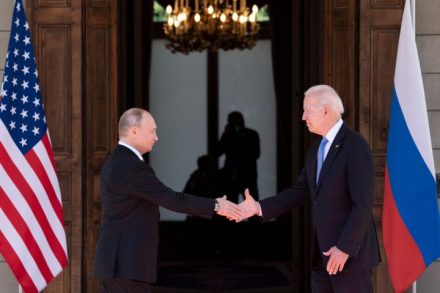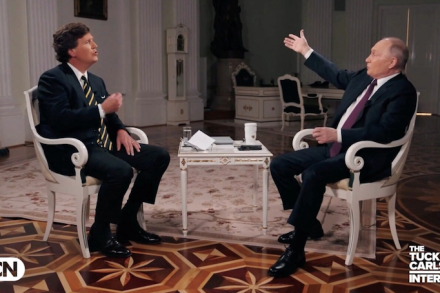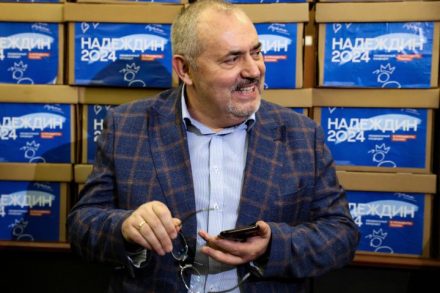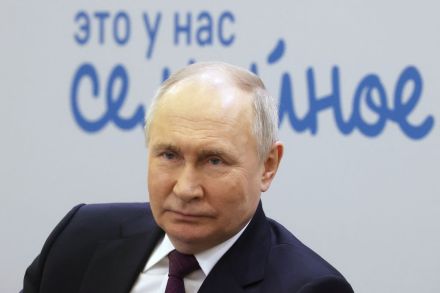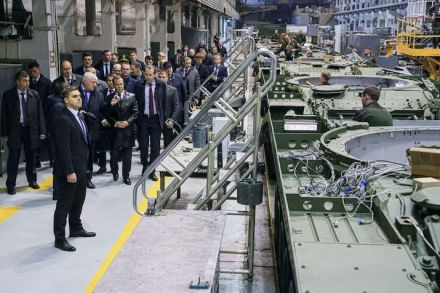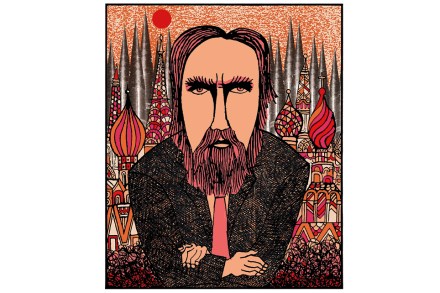In Russia, Navalny is already becoming an unperson
Newspapers across Britain and the democratic world are dominated by the news of the death – perhaps murder – of Alexei Navalny. But not so in Russia. Less than 24 hours after the news broke and his supporters started to come out in sympathy, almost all traces of this news has disappeared from the country’s media. Masked men were sent last night to remove the flowers placed in his memory. Navalny is becoming an unperson. The only news homepage to even mention him is the business and politics-focussed broadsheet Kommersant where it features in a round-up of ‘what made the week of 12-17 February memorable’. Just three lines are allocated



